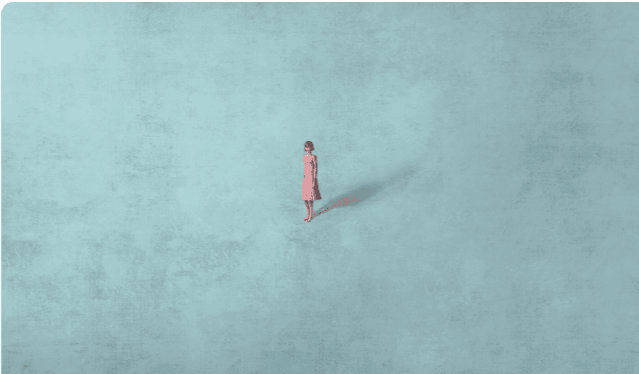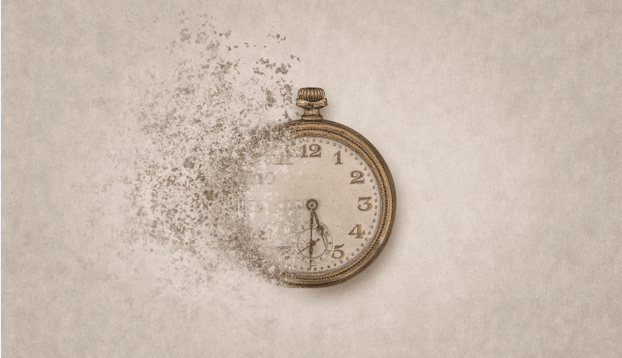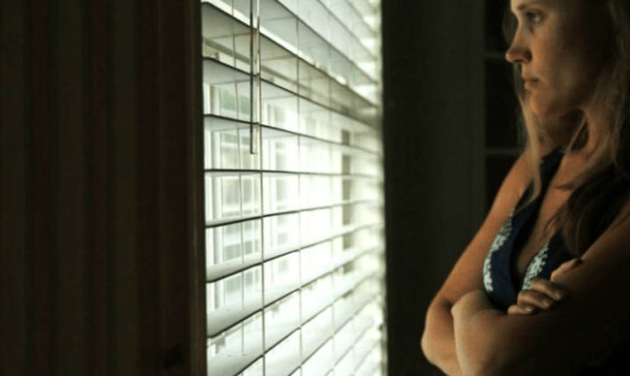Dear Grief-Friend,
One of our favorite quotes here at WYG is from Henry Havelock Ellis, who said, "All the art of living lies in a fine mingling of letting go and holding on." This quote emphasizes the holding of two seemingly contradictory truths (i.e., dialectical thinking), which often seems necessary in life after loss.
Yes, it's often essential to live in the present moment and find ways to let go of, or at least make peace with, specific thoughts and feelings about the past. But when there are people, places, and experiences in the past that you treasure, the ability to hold is also often imperative -- as it helps ease the pain of losing their physical presence and connects your yesterday to today.
Today, we have a new article that discusses the "holding on" part of life by examining nostalgia and how it may be a more complex topic than some imagine, especially in grief. We also have a new podcast and a grief playlist crowdsourced by you, our readers. Here's everything you'll find in today's newsletter:
- A new article 📝 Nostalgia in Grief: A Deep Dive
- Links to other related articles👩💻
- WYG Grief Playlist 🎧 Crowdsourced by YOU
- A new podcast episode🎙️When Grief Upends Your Basic Needs
- Upcoming free grief webinars 📆
|
|
Was this WYG grief support newsletter forwarded to you?
subscribe here.
|
|
Nostalgia in Grief: A Deep Dive [NEW Article]
I'm worried.
I don't know what the future looks like.
I don't know if everything is going to be okay.
I don't know the right things to tell my kids about how to stay happy, healthy, and safe.
My computer tells me I've started too many sentences with "I don't." The Google search engine won't like it. Would I like AI to help me rewrite it? I am scared of AI, so my answer is "no", but I also know that it's happening whether I like it or not, and I wonder if this is a case of "if you can't beat it, be one with it." I try to remind myself that technology and innovation have been scaring people for hundreds of years. It will all be okay.
Won't it?
This morning, I watched my five-year-old laugh and dance around the yard. She has a remarkably light spirit. Everything is fairies, Mr Rogers' morality, and love. I adore her so much, but I feel a little sad watching her play today. What will her future look like? What am I doing to protect her? She feels safe and secure because of me, but I don't feel especially safe and secure.
In my middle age, it feels like the world is changing remarkably fast. I'm aware that feeling this way may be a rite of passage, that many generations before me have lamented the unrecognizable world their kids will inherit. I find some comfort in this reality - but ultimately, I still feel a fear of the unknown future and an incredible sense of grief over a past that is gone.
At the same time, I've noticed my sense of nostalgia for the past has been pushed into overdrive. And I don't mean the type of nostalgia that feels like an old friend. Instead, it's a dimension of nostalgia that makes me feel such a sense of longing that I might burst. Researchers on nostalgia would probably wonder if the sadness and yearning I'm experiencing is the chicken or the egg.
What is nostalgia, really?
Johannes Hofer first described nostalgia back in 1688. The word he chose, "nostalgia," breaks down into the Greek words "notos," which means homecoming, and "algos," which means pain.
His observations were based on Swiss mercenaries in France and Italy, and their nostalgia for their home country seemed so intense he theorized that they had a neurological disorder. Later similar observations would be made by physicians working in the French Revolutionary Army and the American Civil War.
Those initially describing nostalgia, like Hofer, believed that it caused distress at clinical levels, indicating either a physical or psychological disorder. But our current understanding has flipped this view of nostalgia around, saying that nostalgia is not the source of distress but a coping response.
[Read the full article on WYG to learn more about nostalgia & grief-related considerations]
Check out these related articles from the WYG archives ▶️
In addition to our latest article, we've compiled a selection of articles on similar topics from the WYG library. Explore all our articles here.

|
|

Struggling to Remember the Past
Read More →
|
|

Understanding Yearning in Grief and Loss
Read More →
|
WYG Listener Playlist 2025
A few weeks ago, we asked our readers to recommend songs for a grief playlist. The result? 137 songs and a playlist that has something for almost everyone. Check it out below and add your favorites to your own grief playlist!
A few songs were crowd favorites. Some of the songs requested more than once were "Dancing in the Sky" by Dani and Lizzy, "Unchained Melody" by The Righteous Brothers, and "The Parting Glass," a traditional Scottish song often sung at the end of a gathering of friends.
Of note: We couldn't include every song shared with us for practical reasons. For example, some songs weren't available on Spotify.
Are you caught up with the podcast?
When Grief Upends Your Basic Needs
In this episode, we discuss how grief disrupts not just emotions but also basic needs like safety, security, and stability.
|
|
|
Keep up with the podcast by following/subscribing on whatever podcast platform you use, or make sure you're following us on YouTube.
Upcoming Free Grief Webinars:
These webinars are open to anyone, so please feel free to share with friends or family who might want to join us.
Parting Words...
P.S. If you like this newsletter and want to support it, there are 4 simple ways.
- Join our Grief Support Hub or Grief Professionals Community 👨👨👧👧
- Forward this newsletter to someone who could use the support.💌
- Pick up a copy of our book 📖
- Follow us on social ⬇️
Litsa Williams, MA, LCSW-C and Eleanor Haley, MS
Co-Founders
whatsyourgrief@gmail.com
www.whatsyourgrief.com
Unsubscribe | Update your profile
3600 Roland Ave, 3rd Floor, Baltimore, MD 21211